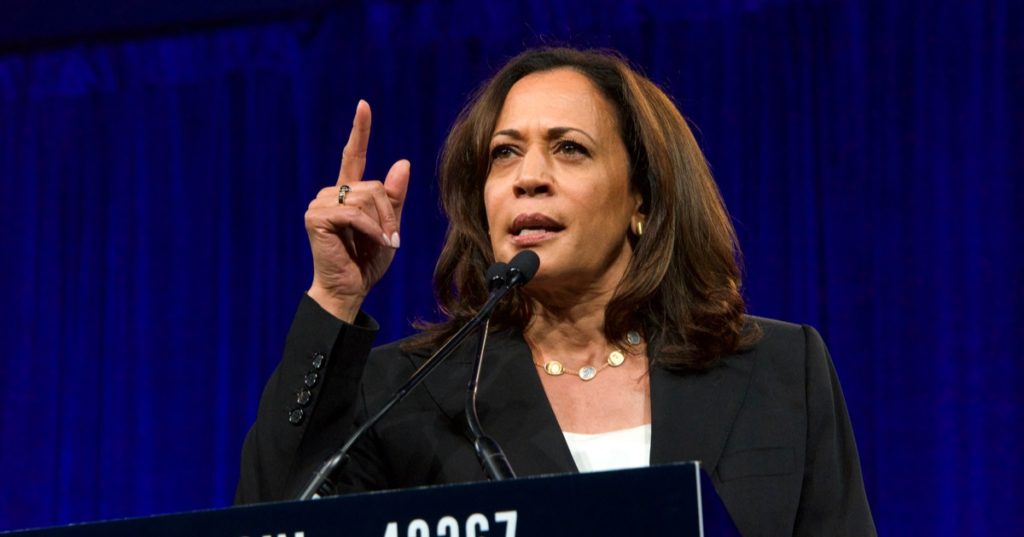





Last Thursday's court proceedings in Donald Trump’s hush money case showcased the complexities involved in jury selection, particularly when potential jurors have apparent political affiliations.
The hush money case, where Trump is accused of falsifying records related to a 2016 payment to Stormy Daniels, teeters on the edge of political biases during its jury selection process.
Within the courtroom, the challenge to form an impartial jury was evident. Breitbart reported that one one potential juror, a woman whose son is employed by a House Democrat, became a point of contention. Despite her political connections, she expressed her capacity to remain unbiased.
Questioned by Trump’s lawyer, Susan Necheles, she confessed her affiliation as a Democrat. Yet, she claimed neutrality towards Trump, remarking, “It’s the first time I’ve been in a room with him. I have no feelings about him.”
Her assertion of impartiality was strong. “I’m 100 percent confident,” she emphasized, regarding her ability to stay objective. Her declaration, however, did not dissuade the defense team from questioning her suitability as a juror.
The challenge of seating an impartial jury was not unique to her case. Earlier in the day, several potential jurors from the second pool were dismissed after admitting their inability to remain neutral, reflecting a broader trend of partiality among the candidates.
Throughout the sessions, many other jurors were scrutinized for previous negative sentiments towards Trump, including past social media postings that displayed clear biases. This highlights the intrinsic difficulty in juror selection for high-profile cases entangled with political figures.
This screening process underscores the meticulous care taken to ensure fairness in the trial despite the charged political backdrop.
Manhattan District Attorney Alvin Bragg, leading the charge against Trump, argues that the former president misclassified a payment meant for Stormy Daniels. According to Bragg, this misclassification was an attempt to skirt around federal election law by documenting it as a “legal” expense instead of a campaign-related one.
The legal representation for Trump has intensely scrutinized the motivations behind Bragg's prosecution, suggesting potential political motives. This adds another layer of complexity to an already complicated trial where political affiliations are difficult to disentangle from legal interpretations.
The potential juror’s situation is illustrative of the broader challenges faced by the court in maintaining a balance between legal objectivity and political realities.
About half of the second group of potential jurors brought in expressed doubts about their impartiality, indicative of the public's deeply entrenched feelings about Donald Trump. This situation paints a stark picture of the prevailing public perceptions that could affect the trial’s proceedings.
The tension in the room was palpable, as members of the media and the public keenly observed the jury selection process. The unusual interest in the jury’s composition underscores the significant public stake in the outcome of this trial, which could set precedents for similar cases in the future.
As the selection process continues, the court must navigate a minefield of personal biases and public opinion, striving to assemble a jury that can credibly deliver justice.
In conclusion, jury selection in Trump’s hush money case has become a litmus test for impartiality within a politically charged climate. The ability of potential jurors like the woman whose son works for a House Democrat to remain neutral is critical to ensuring a fair trial.
The unfolding events highlight the intricate interplay between law and politics, spotlighting the difficulty in maintaining judicial fairness in highly scrutinized cases. The resolution of this jury selection phase will be pivotal in setting the tone for the trial’s credibility and, by extension, the judiciary’s standing among the public.



